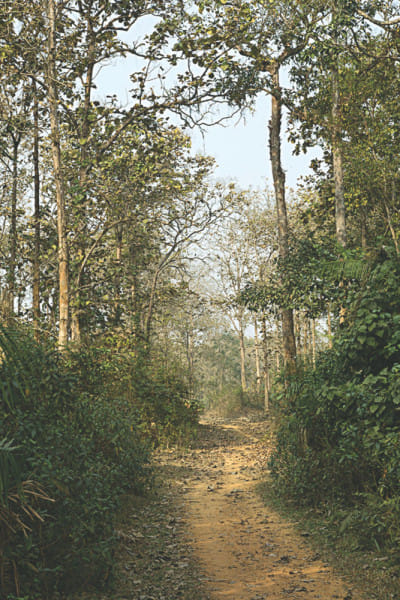BE PREPARED

When my son was growing up, he joined the Scouts and I volunteered as a parent, serving as Scoutmaster for Boy Scouts of America. It was a good experience for both of us. He went on to attain Eagle Scout rank and I learned about outdoor preparedness and safety.
Years later, here in Bangladesh I see many people enjoying outdoor activities. Winter is, of course, the best season for camping, bird-watching, trekking, climbing, boating and other adventures. In particular, it is delightful to find the youth enjoying the outdoors in this pleasant weather.
But I also see many who are unprepared. And so every year we hear about accidents in the outdoors, particularly when young people go on an outing outside the city, for example, into a national park or to the beach or a river. With simple precautions many of these accidents can be avoided.
The fundamental rule is that the great outdoors may look beautiful and tranquil, but it is full of surprises and not always benign. This fact is easily forgotten if you grew up in a city. In the outdoors you must be prepared to protect yourself.
Here are some simple rules to avoid turning that adventure into a nightmare.
Take a buddy: If you go for a walk in the forest, or in an uninhabited area, or out on a boat or for a swim, never go alone. This is common sense. There are many unexpected things that can happen – a wrong footstep can sprain an ankle, or you may unwittingly step on quicksand while walking through a dry creekbed like I did years ago - and a companion can save the day.
Stay hydrated: Carry bottled water with you in any outing because even in winter the sun can get hot dehydration will spoil your enjoyment. Bring some bananas, nuts or dates for nourishment; remember, salty snacks make you thirsty.
Appropriate clothing: It makes sense to wear several thinner layers of clothes instead of one thick coat in colder weather. This way you can peel off the layers as the day warms and put them on again when it becomes cold. For the outdoors, synthetics are preferable to cotton, because once cotton gets wet, it takes forever to dry, accelerating the loss of body heat. Wear muted colours (green, grey, khaki, brown) rather than loud ones which clash with natural surroundings. (More than once, when we were admiring the greenery of Sundarban from our dinghy, a brightly attired genji bahini wearing logo T shirts came along in another boat, rudely breaking the spell.)
Hat: In the cold, 80% of the heat lost from your body leaves through the head, and a hat can reduce that. In the sunlight a hat protects your eyes from direct sunlight and from sunburn. A gamcha can also protect your head.
Shoes: Wear comfortable shoes, such as hiking shoes or sneakers, when you are outdoors. If they are brand new, make sure to break them in before wearing them on a long trek – otherwise blisters may result. Some people prefer open footwear – sandals or sandal-shoes – when outdoors, but I like to protect my feet from leeches, insects, sharp roots, etc.
And please don't play loud music when you are in a pristine natural area. It annoys other people, birds and wildlife.
We have a beautiful country and this is the best time to enjoy it. What are you waiting for? Let's go!
facebook.com/ikabirphotographs or follow “ihtishamkabir” on Instagram.

 For all latest news, follow The Daily Star's Google News channel.
For all latest news, follow The Daily Star's Google News channel. 



Comments